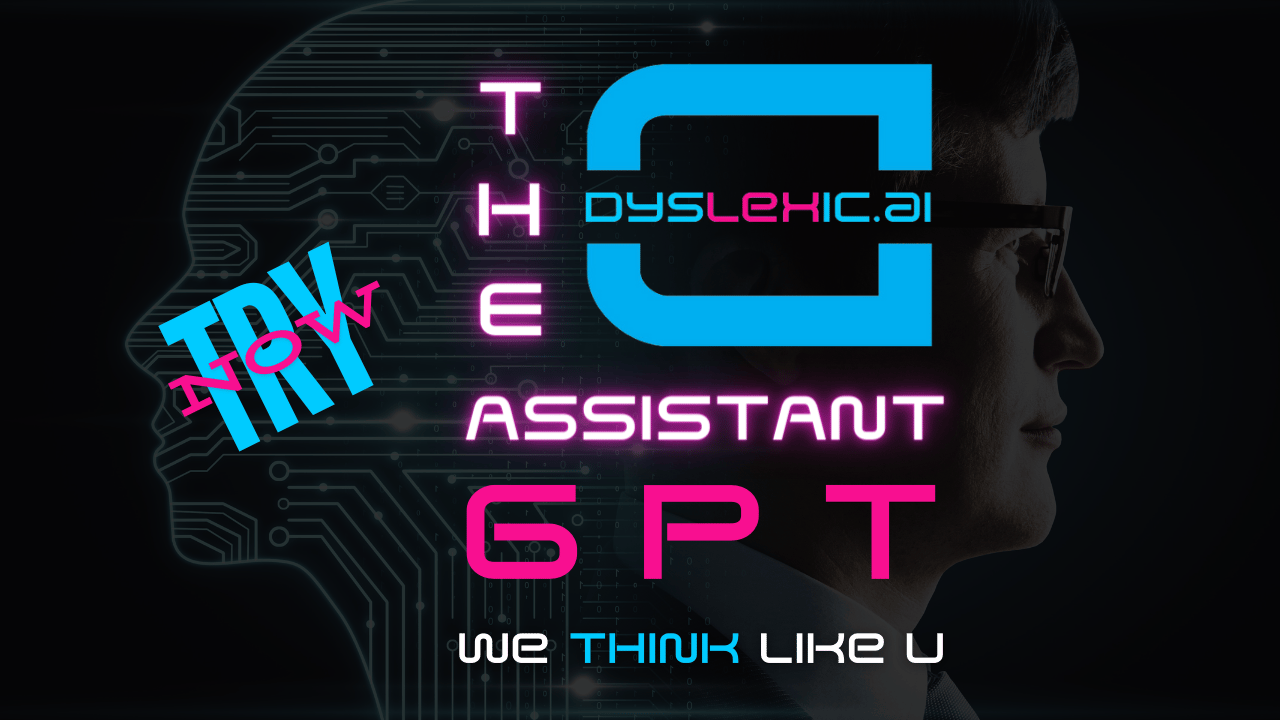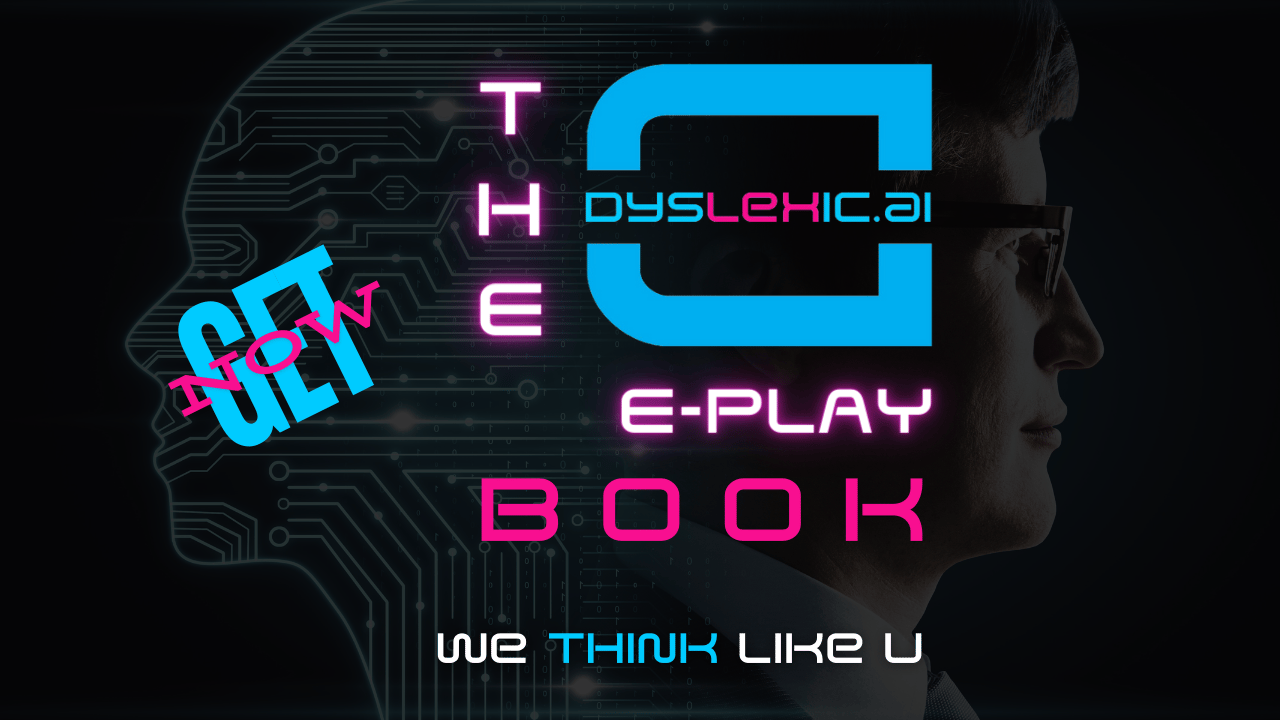- DYSLEXIC AI
- Posts
- Newsletter 226: AI and Brain Mapping: A New Era for Neurodivergent Thinkers
Newsletter 226: AI and Brain Mapping: A New Era for Neurodivergent Thinkers
🧠 Unlocking New Insights: How AI Brain Mapping Advances Support for Neurodivergent Minds

Good morning, Dyslexic AI Community,
Today, we’re diving into groundbreaking research highlighted in a recent article from The Guardian. Neuroscientists use AI to create detailed brain maps, transforming our understanding of conditions like Alzheimer’s and autism.
This advancement holds significant promise for neurodivergent and dyslexic thinkers.
AI and Brain Mapping: What’s Happening?
Neuroscientists are leveraging AI to generate intricate maps of the human brain.
These maps provide insights into the structural and functional aspects of the brain, offering a clearer understanding of various neurological conditions.
By identifying specific brain regions associated with Alzheimer’s and autism, researchers can better understand these conditions and develop targeted treatments.
Relevance to Neurodivergent Thinkers
For neurodivergent individuals, including those with dyslexia, this research is fascinating. Here’s why:
Improved Understanding: AI-driven brain mapping can help us better understand the neurological basis of dyslexia and other neurodivergent conditions.
We can gain insights into how these conditions develop and affect cognitive functions by pinpointing the specific brain areas involved.
Personalized Interventions: A clearer picture of brain structures makes it possible to develop more customized interventions.
AI can help tailor educational strategies and therapeutic approaches to meet the unique needs of neurodivergent individuals.
Early Diagnosis: Early and accurate diagnosis of neurodivergent conditions can significantly affect outcomes.
AI-powered brain mapping can potentially identify markers of conditions like dyslexia early on, allowing for timely interventions and support.
Enhanced Support Systems: Understanding the brain’s structure and function more deeply enables the creation of better support systems.
This can include specialized educational tools, targeted therapies, and supportive technologies designed to aid neurodivergent individuals in their daily lives.
The Role of AI in Education and Therapy
AI isn’t just mapping the brain; it’s also revolutionizing how we support neurodivergent learners. Here are some ways AI is making a difference:
Adaptive Learning Tools: AI-powered educational platforms can adapt to the unique learning styles of dyslexic students, providing personalized content that enhances comprehension and retention.
Real-Time Feedback: Tools like the Dyslexic AI Assistant offer instant feedback on assignments, helping students learn and improve continuously.
Customized Therapies: AI can assist therapists in developing individualized treatment plans that address the specific needs of neurodivergent individuals, making therapies more effective.
Looking Ahead
Integrating AI in brain mapping and its applications in education and therapy marks a new era for neurodivergent thinkers.
As we continue to explore and embrace these technologies, we move closer to a future where every individual, regardless of their neurological makeup, can achieve their full potential.
The future is bright for neurodivergent thinkers as AI continues to unlock new possibilities. Let’s keep exploring and pushing the boundaries of what’s possible with these incredible technologies.
Until next time, keep embracing the power of AI!
Matt Ivey
Founder Dyslexic.AI
We Think Like You!

AI-Driven Brain Mapping: Neuroscientists use AI to create detailed brain maps, improving our understanding of conditions like Alzheimer’s and autism.
Enhanced Understanding: AI can help identify the neurological basis of dyslexia and other neurodivergent conditions.
Personalized Interventions: Detailed brain maps enable the development of personalized educational and therapeutic strategies.
Early Diagnosis: AI can aid in the early diagnosis of neurodivergent conditions, allowing for timely interventions.
Support Systems: Improved understanding of the brain enhances the creation of supportive tools and therapies for neurodivergent individuals.
Adaptive Learning: AI-powered tools provide personalized educational experiences for dyslexic learners.
Real-Time Feedback: AI offers instant feedback, facilitating continuous learning and improvement.
Customized Therapies: AI helps in developing individualized treatment plans for neurodivergent individuals.
What did you think about today's edition? |
What should the next deep dive be about? |
|
|
|






Reply